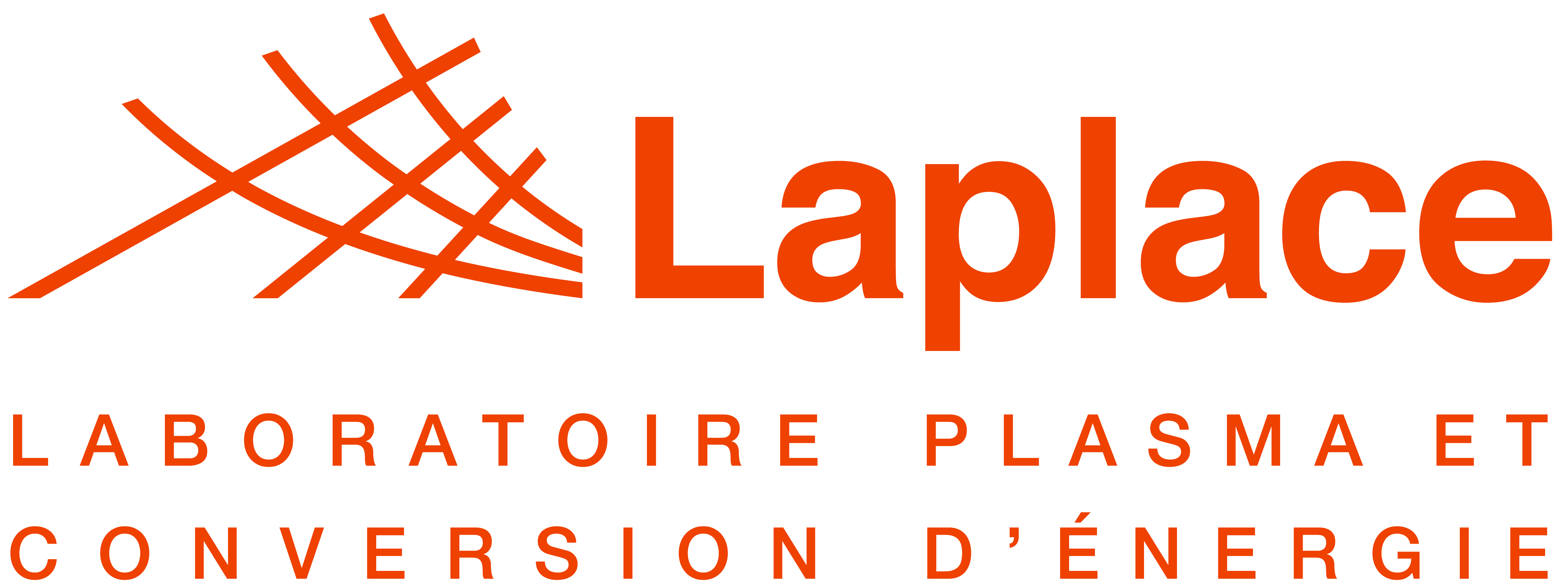Achieving successful intergovernmental collaboration: A case study in lighting
Résumé
Embracing the famous African proverb “if you want to go fast, go alone; if you want to go far, go together”, a group of governments decided to work together on lighting policy, recognising that their combined, collective efforts would achieve better outcomes than if they addressed the same issues on their own. The IEA 4E Solid State Lighting Annex (SSL Annex) was founded on the principle of intergovernmental collaboration on lighting. Over the last 14 years, the SSL Annex has demonstrated its value through its effectiveness and impact in the market. Now embarking on a new five-year term, the governments wish to continue developing this working relationship and sharing of information, data and research. 1Founded in 2010 under the framework of the International Energy Agency’s Energy Efficient End-use Equipment (4E) Technology Collaboration Programme (at the time “Implementing Agreement”), the SSL Annex works to advise member countries seeking to promote energy efficient lighting and to implement quality assurance programmes for solid state lighting (SSL). This framework brought governments together to share research, collaborate and work together to accelerate global adoption of SSL through work in four critical areas: (1) SSL testing, metrics and standards: supporting the lighting metrology community and improving the comparability and accuracy of LED product testing; (2) Smart lighting, digitalisation and connectivity: working to minimise standby power losses and optimise energy savings through smart lighting systems including wireless communication and intelligent controls; (3) Public health, productivity and environmental impacts: help governments and the public understanding and track the latest science and research on how LED lighting impacts human health and the environment; and (4) SSL product quality and performance: publishing and promoting thoroughly researched quality and performance requirements which help to facilitate harmonisation on key quality and performance metrics globally. In this paper, an overview of this work is provided, followed by three in-depth examples of how this intergovernmental cooperation was absolutely pivotal to the positive outcomes realised in the market.An important feature of the SSL Annex is the flexibility to conduct projects and publish deliverables that are responsive to emerging needs and are outside the scope of the original workplan. The fact that there is an institutionalised structure for cooperation between countries on lighting establishes foundation of trust, and lowers the barrier for quickly cooperating on unanticipated research and regulatory issues that could arise.This paper also looks at how the SSL Annex in particular, and IEA Technology Collaboration Programmes in general, serve as a structure that complements and supports international standardisation and regulatory efforts.The 14 years of cooperation between the member governments, in combination with the published work, market impacts and achievements of the SSL Annex, culminated it receiving the coveted Award for Outstanding Achievement in Solid State Lighting in November 2023 from the International Solid State Lighting Alliance.
| Origine | Fichiers produits par l'(les) auteur(s) |
|---|

